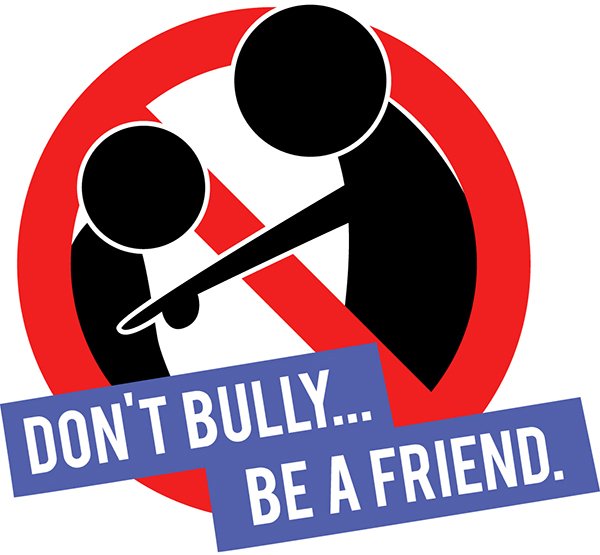
We have all been aware for a while that social media might be a breeding ground for stalkers and cyberbullies. Anyway the latest news which would accuse Facebook, Twitter and whatnot, of inadequate protection against the increasing incidence of cyberbullying, left all of us with a bad taste in our mouths. Also because some timid attempts had already been made by Facebook, that recently published a sort of guidelines aimed at informing parents, children and teachers about the dangers of cyberbullying.
However, in a recent on line survey, involving more than one thousand kids under the age of 18, around 47% of them said that they’ve got threatening or abusing messages through social networks. Moreover the respondents stated they signed up to social media when they were only 12 although they knew that the minimum age was 13. Of course this latter remark can’t be a good trend for social networks, actually, we are laying odds that it will help increase the number of social media opponents.
As far as cyberbullying, let’s see below some statistics put under the spotlight of parents, students or comon people, by Tulane University of Louisiana:
- Around 1 in 3 students have been bullied during the academic year;
- Only 15% of students have admitted to being cyberbullied;
- 61% of overweight students have reported being bullied online;
- 70% of K-12 kids have witnessed some cyberbullying;
- Only 10% of cyberbullying victims would report to an adult about getting cyberbullied;
- Females are 2 times more likely to be victims of cyberbullies compared to males;
- Kids are 7 times more likely to be a target of cyberbullying from friends than strangers;
- Cyberbullying victims are 2 to 9 times more likely to contemplate suicide compared to the average of other students.
Actually, this kind of information would be enough to make a parent in its right mind downhearted. Yet, blaming it all on social media is not fair: also parents have their responsibilities in this affair. The informed use of any device systems for preventing hazardous behaviour by children could ultimately prove to be a good parental control strategy.